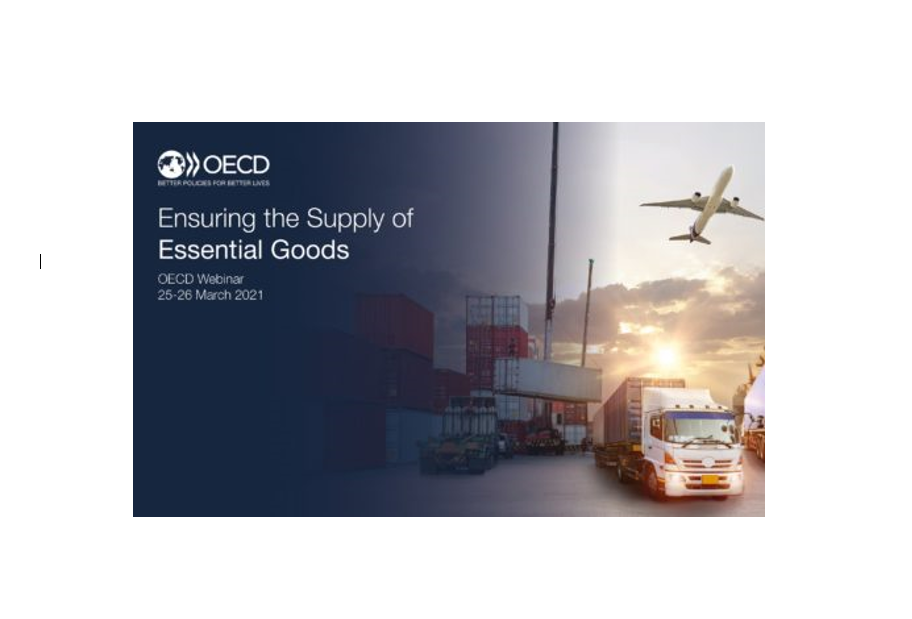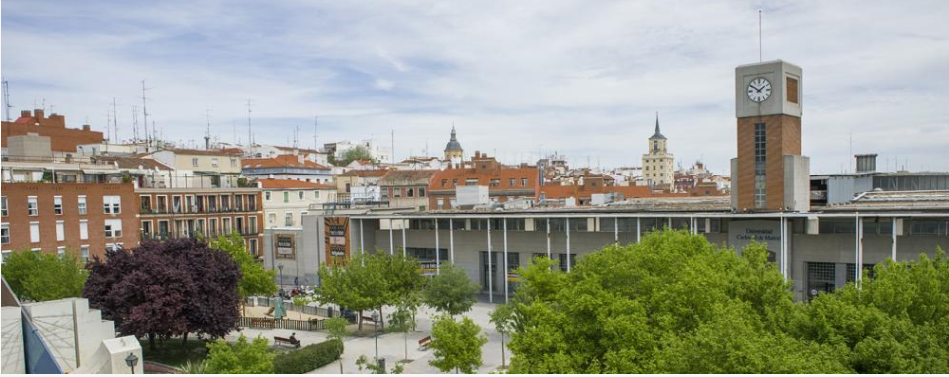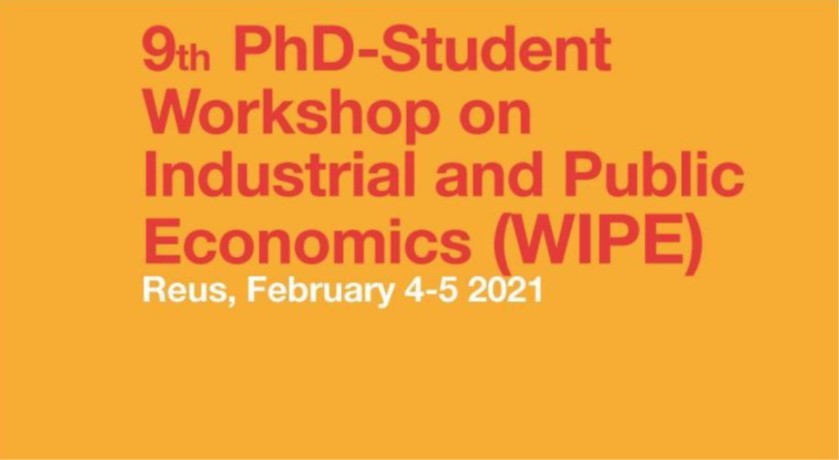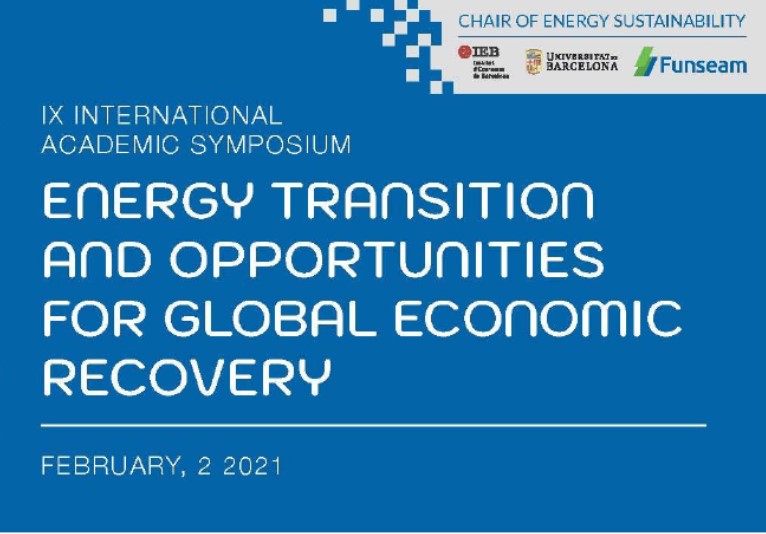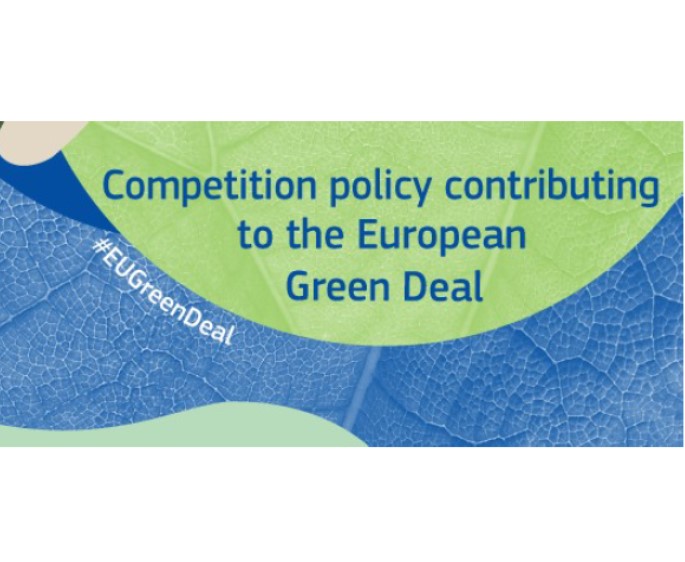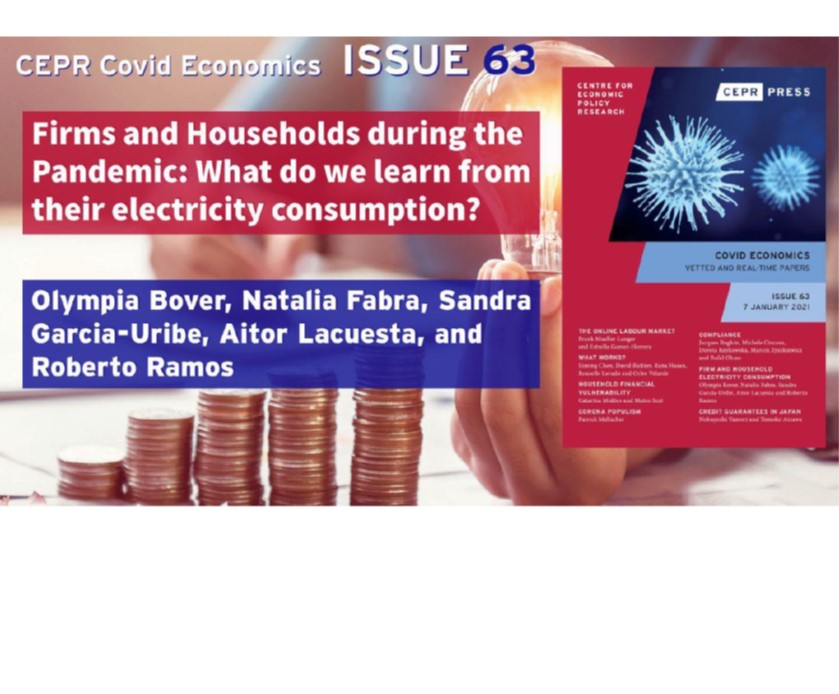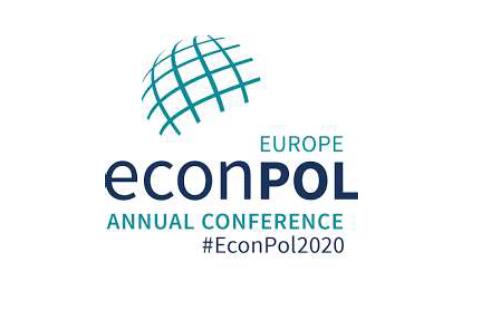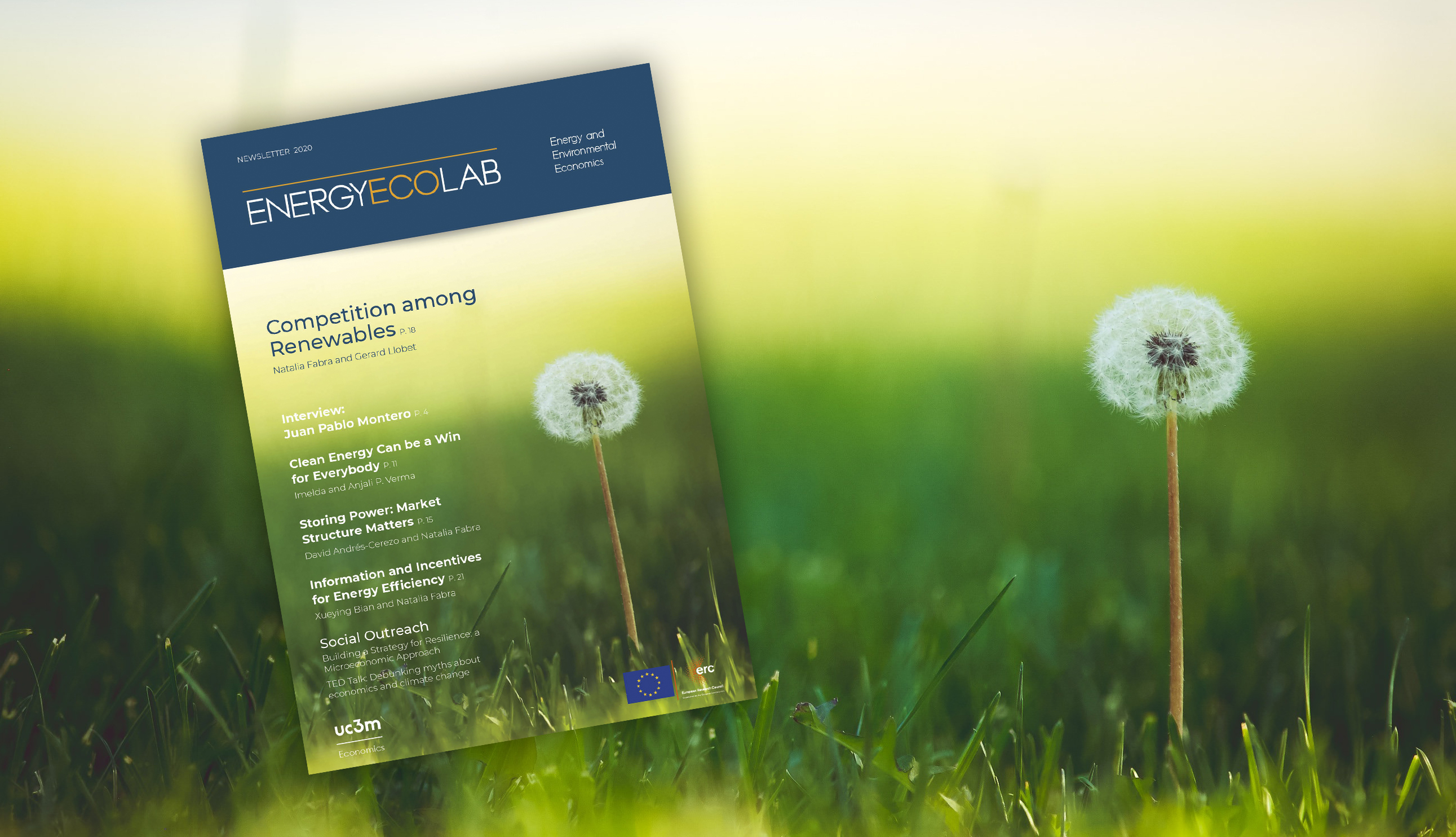IX International Academic Symposium: Energy transition and opportunities for global economic recovery will take place on 2 February 2021 online.
The European Green Deal is an ambitious decarbonisation plan that aims at achieving carbon neutrality by 2050. Beyond the environmental goals, the EU Green Deal is expected to act as a strong catalyst for economic recovery, decoupling economic growth from resource use and carbon emissions. These goals will be mainly achieved through climate and energy policies (i.e., market and regulatory reforms plus taxation) that will transform how we produce and consume energy, broadly affecting all sectors of the economy, but notably the power sector, the industrial sectors and the transportation sector.
Competition policy has a major role to play to enhance the effectiveness of such policies. Competitive forces induce firms to become more efficient (for which it is necessary to put in place a regulation inducing firms to internalize all environmental costs), to improve products, and to innovate, ultimately benefitting consumers, increasing the competitiveness of the industry, and fostering economic growth. Greater efficiency will contribute to reducing the use of resources at least cost for society, which will grant further societal support to those policies.
Discussions about the contribution of competition policy to the green agenda raise a host of interesting questions such as: How should be the interaction between regulation and competition? What role can State Aid regulation play as a lever of the necessary reforms? Can cooperation rather than competition between firms lead to more efficient outcomes? Do mergers eliminate or enhance the incentives to innovate? Should out-of-market efficiencies (i.e., outside of the relevant market) be considered in merger assessments? Economists have debated about some of these questions for many years now, but the Green Deal has put them on the forefront of the debate.
Natalia Fabra has participated in the IX International Academic Symposium organized by Universidad de Barcelona with a keynote entitled “Competition Policy and the Green Deal”. During her talk, she has first reviewed the main issues that arise in the context of this discussion for three main areas of competition policy; namely, State Aid, Antitrust, and merger control. She then focused on two more specific topics. First, the role that State Aid regulation has played in fostering the use of auctions for renewable investments; in particular, she focused on the choice of technology-neutral versus technology-specific auctions. And second, she showed the importance of understanding competitive forces to properly design regulation in the area of energy storage.
In sum, the European Green Deal provides a unique opportunity to push the climate agenda and, at the same time, it constitutes a key lever for economic growth. Competition policy will be crucial for both goals, as the existence of vigorous competition is a necessary condition to preserve and enhance the incentives to innovate and invest in the low carbon assets, as well as to use them as price them efficiently. That the call for a Green Competition Policy should call for more, not less competition was Natalia’s final remark.
The keynote lectures are given by Claudia Kemfert (Diw Berlin) and Natalia Fabra (Universidad Carlos III de Madrid).
The slides of Natalia Fabra’s keynote lecture can de found here.
You can find more information here.
PROGRAM
08.45 h. OPENING CEREMONY
Jordi Garcia Fernàndez Vice-Rector for Research of University of Barcelona
Martí Parellada Sabata, FIEB President and FUNSEAM Board of Trustees Member María Teresa Costa-Campi, Chair of Energy Sustainability and University of Barcelona
09.00 h. PLENARY SESSION
“Corona crisis: Chance for decentralized energy system transformation with full supply from renewable energies”, Claudia Kemfert (DIW Berlin)
09.45 h. I. IMPACT OF COVID-19 IN THE POWER SECTORS – Chair: Andreas Löschel (University of Münster)
“Climate and energy policies after COVID 19”, Simone Borghesi (Florence School of Regulation)
“Diversifier or more? Hedge and safe haven properties of green bonds during COVID-19”, Tooraj Jamasb (Copenhagen School of Energy Infrastructure)
“The impact of COVID-19, the recovery stimulus package, and the European Green deal on carbon emissions and emission allowance prices under EU ETS”, Marten Ovaere (Ghent University)
10.55 h. II. ENERGY TRANSITION IN TIMES OF ECONOMIC DISTRESS – Chair: Jose García-Quevedo (University of Barcelona)
“The zonal and seasonal CO2 marginal emissions factors for the Italian power market”, Filippo Beltrami (University of Padova)
“Trading-off the direct and indirect costs of generation when designing renewable electricity auction”, Pablo del Río (Spanish National Research Council (CSIC))
“(Mis)allocation of renewable energy source”, Stefan Lamp (University of Toulouse Capitole)
11.55 h. III. ANALYZING NEW ENERGY POLICIES AND REGULATIONS – Chair: Monica Giulietti (Loughborough University)
“Could technologies reduce the risk of fossil fuel assets being stranded in the power sector?”, Yangsiyu Lu (University of Oxford)
“Estimating Technological gains and losses from international environmental agreements: the case of stock pollutants”, Albert Roger (ZEW – Leibniz Centre for European Economic Research)
“Beyond the efficiency contribution: A decomposition analysis of electricity intensity in European Union”, Federico Perillo (University of Coimbra)
13.05 h. CLOSING SESSION
“Competition policy and the Green Deal”, Natalia Fabra (University Carlos III of Madrid)
13.50 h. CLOSING CEREMONY

